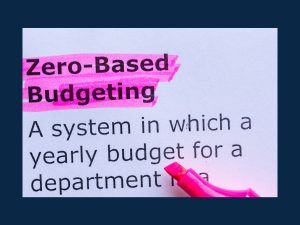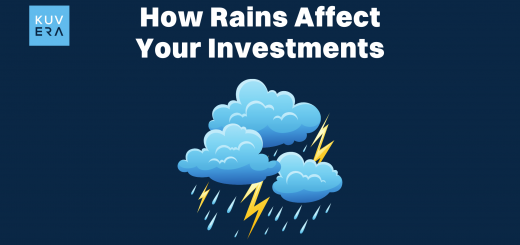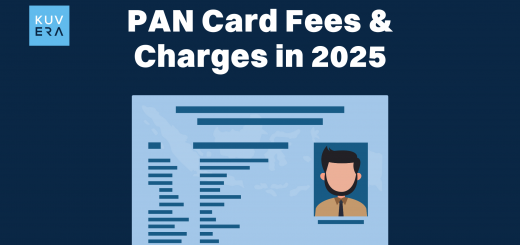Budgeting is one of the most important ways to organize your finances and keep track of your spending. Everyone regardless of their financial background, age and lifestyle should know the basics of budgeting. Today we are going to learn all about the popular methods of budgeting. You can choose the one that is most suitable for you.
But before that, lets look at what your should budget:
Benefits of budgeting
- Helps you achieve financial goals: A budget allows you to allocate your income towards different financial goals such as saving for a down payment on a home, paying off debt, or saving for retirement. By tracking your income and expenses, you can ensure that you are on track to achieve your financial goals.
- Provides a clear picture of your financial situation: A budget helps you understand where your money is going and where you may be overspending. It can help you identify areas where you can cut back and save money.
- Helps you plan for unexpected expenses: A budget can help you set aside money for unexpected expenses such as car repairs or medical bills. This can prevent you from having to rely on credit cards or taking out loans to cover these expenses.
- Reduces financial stress: Having a budget in place can reduce financial stress by giving you a sense of control over your money. It can also help you avoid living paycheck to paycheck and reduce the anxiety that comes with financial uncertainty.
- Improves financial decision-making: A budget can help you make better financial decisions by providing you with the information you need to make informed choices. It can also help you prioritize your spending and avoid making impulsive purchases that can harm your financial health in the long run.
Starting budgeting can be overwhelming in the beginning. The best way to start budgeting is to pick a simple method of budgeting and progress towards the most suitable one gradually. There are various types of budgeting methods.
Types of budgeting
There are several budgeting techniques that can be used for personal budgeting. Some of the most common types include:
- Traditional budgeting: This involves creating a budget by estimating income and expenses for a given period, typically a month or a year. Expenses are categorized and allocated a fixed amount of money based on priority. This type of budgeting requires you to first analyze your expenses for couple of months before making the budget.
- Envelope budgeting: This is a cash-based budgeting method where cash is allocated to different envelopes for specific expenses, such as groceries, transportation, and entertainment. Once an envelope is empty, no more money can be spent on that category. This is quite effective but is not practical for people who prefer digital payments.
- Zero-based budgeting: This involves starting from scratch each month and allocating every rupee of income to specific expenses, savings, and investments until there is no money left. The idea is to not leave any surplus amount so that there are no extra expenses. We will discuss this in detail below.
- 50/30/20 budgeting: This method involves dividing after-tax income into three categories: 50% for needs, 30% for wants, and 20% for savings and debt repayment. This is also a quite popular and simple way to budget your income. It is best suited for people who get regular, fixed salary than people whose income fluctuates.
- Priority-based budgeting: This technique involves prioritizing expenses based on their importance and urgency. It helps to ensure that essential expenses are covered first, followed by non-essential expenses.
- Value-based budgeting: This method involves aligning your expenses with your personal values and goals. You identify the areas that are most important to you and allocate your money accordingly.
- Apps and digital tools: There are numerous apps and digital tools that can help you track your spending, set budgets, and monitor your progress.
What is zero based budgeting?
Zero-based budgeting (ZBB) is a budgeting technique that involves starting from scratch each month or budget cycle and allocating every dollar of income to specific expenses, savings, and investments until there is no money left. In other words, instead of basing your budget on the previous period’s expenses, ZBB requires you to justify every expense and allocate resources based on current needs and priorities.
The zero based budgeting process typically involves the following steps:
- Identify goals and objectives: Start by identifying your short-term and long-term financial goals and objectives. This could include things like paying off debt, saving for a down payment on a house, or building an emergency fund.
- Create a list of expenses: Make a comprehensive list of all your expenses, including both fixed and variable expenses. This could include things like rent or mortgage payments, utility bills, groceries, transportation, entertainment, and more.
- Prioritize expenses: Prioritize your expenses based on their importance and urgency. This will help you allocate your resources more effectively and ensure that you cover essential expenses first.
- Allocate resources: Once you’ve prioritized your expenses, allocate your resources based on your priorities. Start with your most important expenses and allocate money until there is no money left.
- Monitor and adjust: Monitor your spending throughout the budget cycle and make adjustments as needed. This will help you stay on track and ensure that you’re making progress toward your financial goals.
The main question people have with zero based budget is that there is no funds left for small expenses or entertainment expense etc. But you can easily reolve it by creating spending budgets for those as well, create a budget of miscellaneous expense, shopping, investments and any other spending that you require.
The main goal here is not to restrict you but to ensure that each penny is being spent mindfully on things that you can afford to indulge in. No spontaneous and haphazard spending is possible with this type of budgeting.
Zero based budgeting can be a useful budgeting technique for individuals who want to take a more proactive approach to their finances and ensure that they’re allocating their resources effectively. By starting from scratch each month or budget cycle, ZBB helps you avoid unnecessary expenses and focus on what’s most important to you.
Cons of zero based budgeting
- This kind of budgeting is time consuming
- This is also much more complex than traditional budgeting or 50-30-20 budgeting methods.
- This type of budgeting focuses on short term goal as you are starting each month from scratch. This is not suitable for long term.
Interested in how we think about the markets?
Read more: Zen And The Art Of Investing
Watch here: Key investment mistakes to avoid in 2023
Start investing through a platform that brings goal planning and investing to your fingertips. Visit Kuvera.in to discover Direct Plans and Fixed Deposits and start investing today.#MutualFundSahiHai #KuveraSabseSahiHai!












